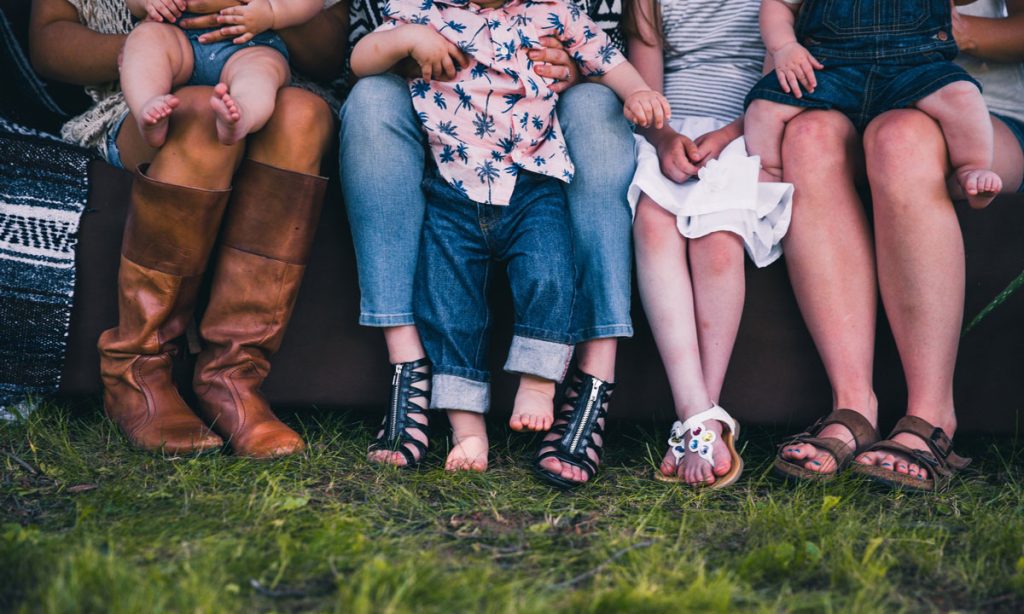The pandemic influenced our eating habits, from the products we bought to their pricing. Here are some other changes that were triggered by the lockdown.
The pandemic has affected many aspects of our lives, including our drinking and eating. In several reports presented at the annual meeting of the American Society of Nutrition, researchers spotted trends in our habits, not all of them for the better.
CNN reported on some of the most significant changes we experienced with our eating habits through the pandemic. Here are four of them:
Less healthy eating

The consumption of unhealthy snacks and deserts increased significantly. Throughout the pandemic, people were more likely to snack and drink chips, cookies, sweetened coffees, teas, and sodas.
RELATED: A Lot Of People Are Having Weird Food Cravings During Coronavirus
When it comes to eating healthy foods, the consumption of vegetables and whole grains dropped during the past year. “This decrease was the most pronounced among women, black and Latino study participants, and participants who gained at least five pounds or more since 2018,” said Caroline Um, post-doctoral fellow at the American Cancer Society.
More pandemic weight jokes

A study that looked into the impact on children when families comment on their weight found that these behaviors internalized weight bias. According to the study, as few as three comments of this type per month were enough to impact children. This kind of internalization and weight bias has been found to predict future weight gain, promoting unhealthy eating habits and lifestyle decisions.
More online grocery shopping

RELATED: 4 Positive Habits We’ve Picked Up During Lockdown
During the early days of the pandemic, a lot of people ordered their groceries in order to minimize their contact with germs and other people. Throughout the months of March and April of 2020, 18,000 households were surveyed. A third of them were ordering their groceries online due to the pandemic and convenience.
Higher food prices

Lastly, research from Tufts University found that there was a link between local governments that put high-level restrictions in their community and higher food prices. The data was found via analyzing food and consumer goods pricing in different counties in the United States, all the while comparing them to the community’s COVID-19 restrictions.


